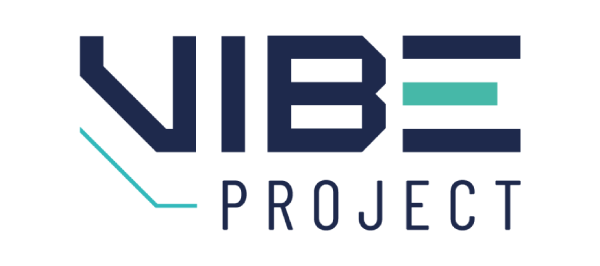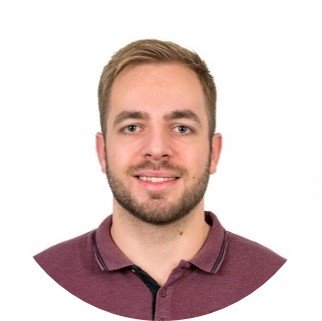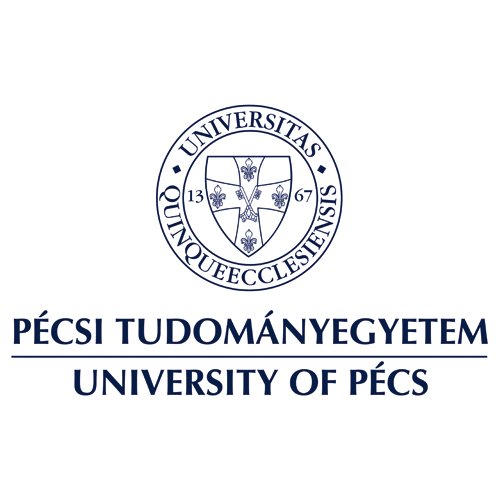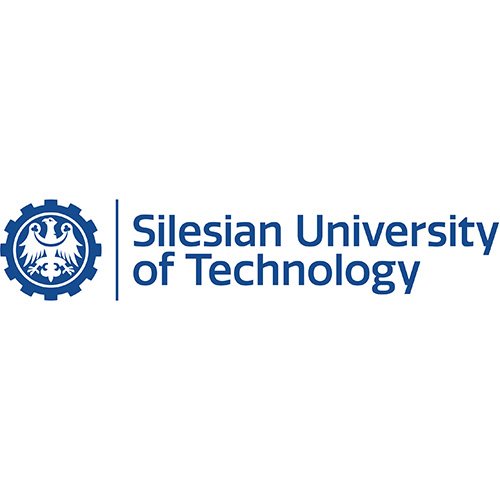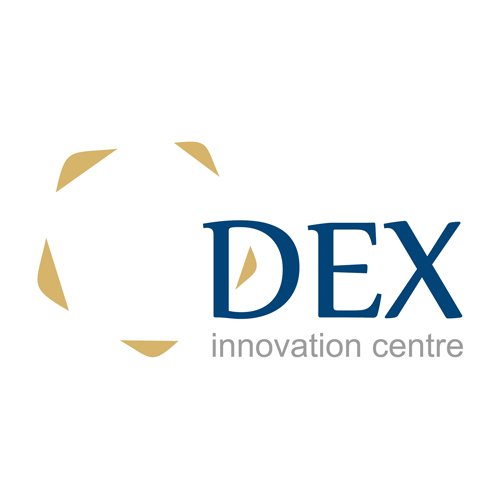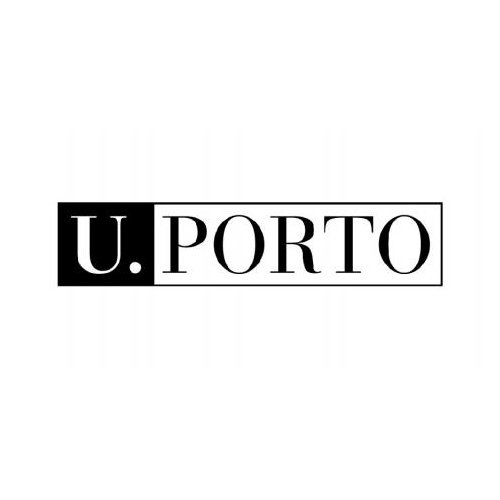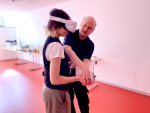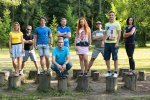VIBE Project Event in Prague: VR/AR Meets Innovations in Healthcare
In May 2024, the DEX Innovation Centre (DEX IC) hosted an exciting event in Prague as part of the VIBE project (Virtual Biomedical and STEM/STEAM Education). The event, titled "VR/AR Meets Innovations in Healthcare," took place at the Czech Institute of Informatics, Robotics, and Cybernetics (CIIRC) and involved students and experts from universities in Porto, Pécs, and the Silesian University.
Day 1: The event kicked off with an introduction to the project and its partners, followed by a presentation on ethical engineering projects by CVUT. Participants then toured the university premises and explored local VR innovations. The afternoon featured introductory sessions on VR/AR and a roundtable discussion on the role of these technologies in education.
Day 2: The second day began with a session on laparoscopic PEG transfer by Péter Hillebrand, followed by a presentation on virtual instruments for biomedical systems by the Polish partners. The day also included interactive workshops on design thinking and student presentations, showcasing innovative uses of VR/AR in healthcare and STEM education.
Day 3: The final day focused on practical applications. Students prepared and delivered a VR/AR hands-on course for secondary school students. This was followed by technology showcases and discussions on the real-world applications of VR/AR in medicine. The event concluded with presentations by experts on VR in medical training and closing remarks.


